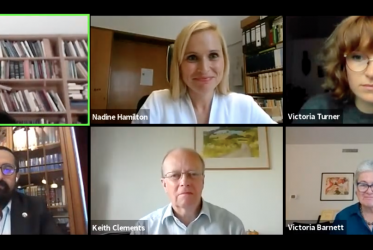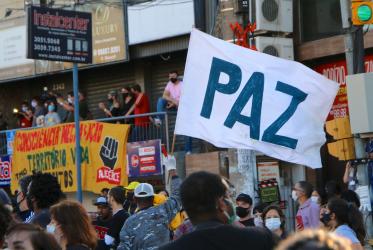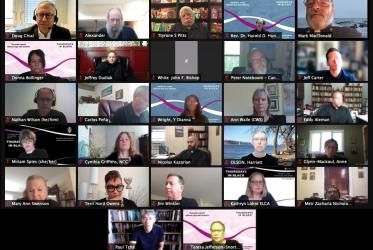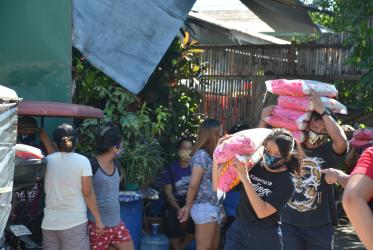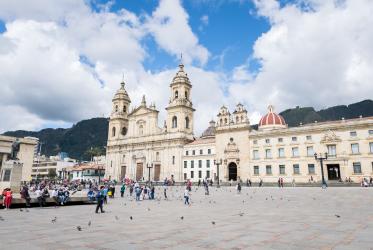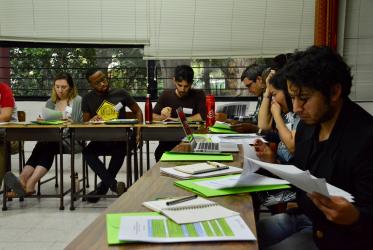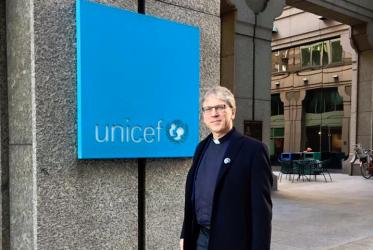Displaying 1 - 20 of 30
Frontline workers taking on “sacrificial burden” as COVID-19 spreads
06 November 2020
Regional Webinar on Racial Justice - South and Central America, and Spanish-Speaking Caribbean
28 October 2019
On line
How can you help refugees?
11 October 2018
#WCC70: A story of life
07 June 2018
Re-engineering life forms: Church forum raises concerns
09 November 2017
Emily Welty: tide of hope for a world free from nuclear weapons
19 September 2017
2018 Ecumenical School on Governance, Economics and Management (GEM) for an Economy of Life
19 - 31 August 2018
Mexico City, Mexico
